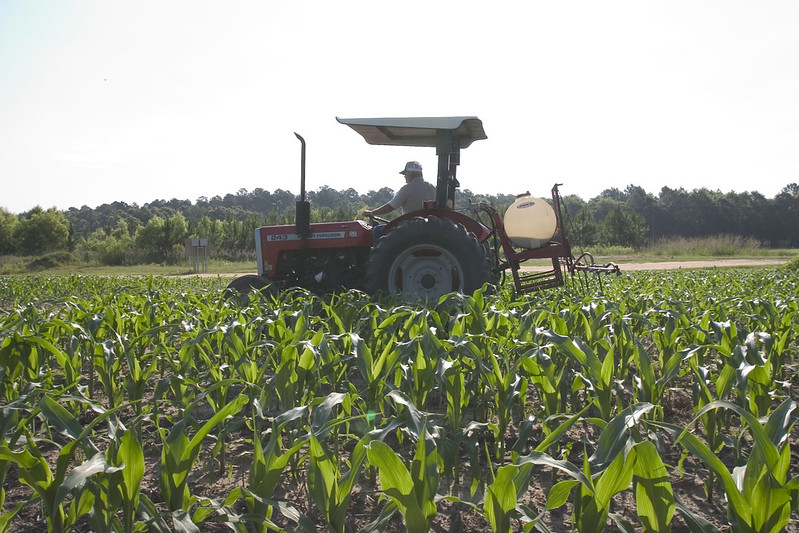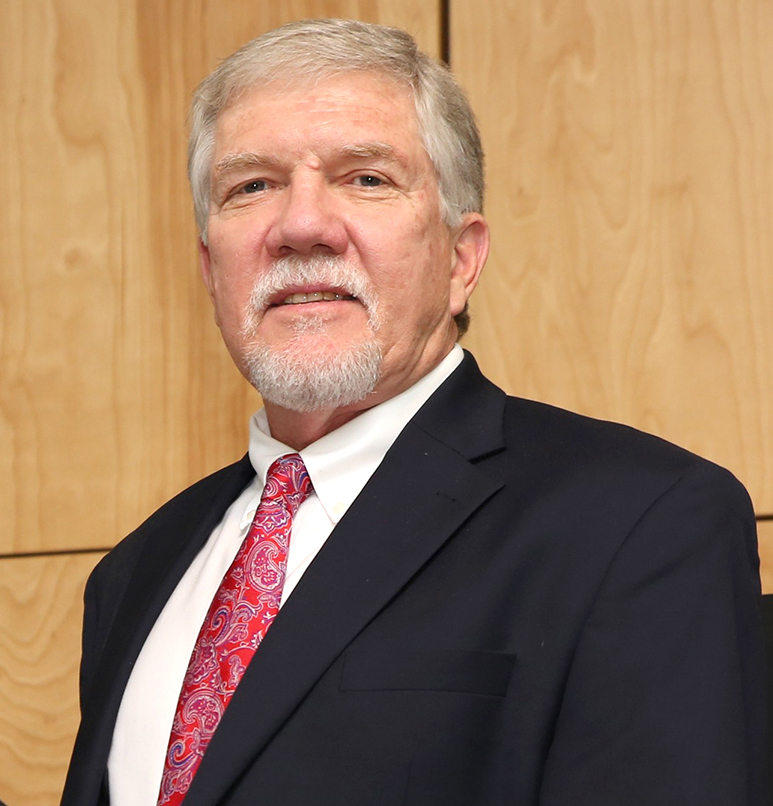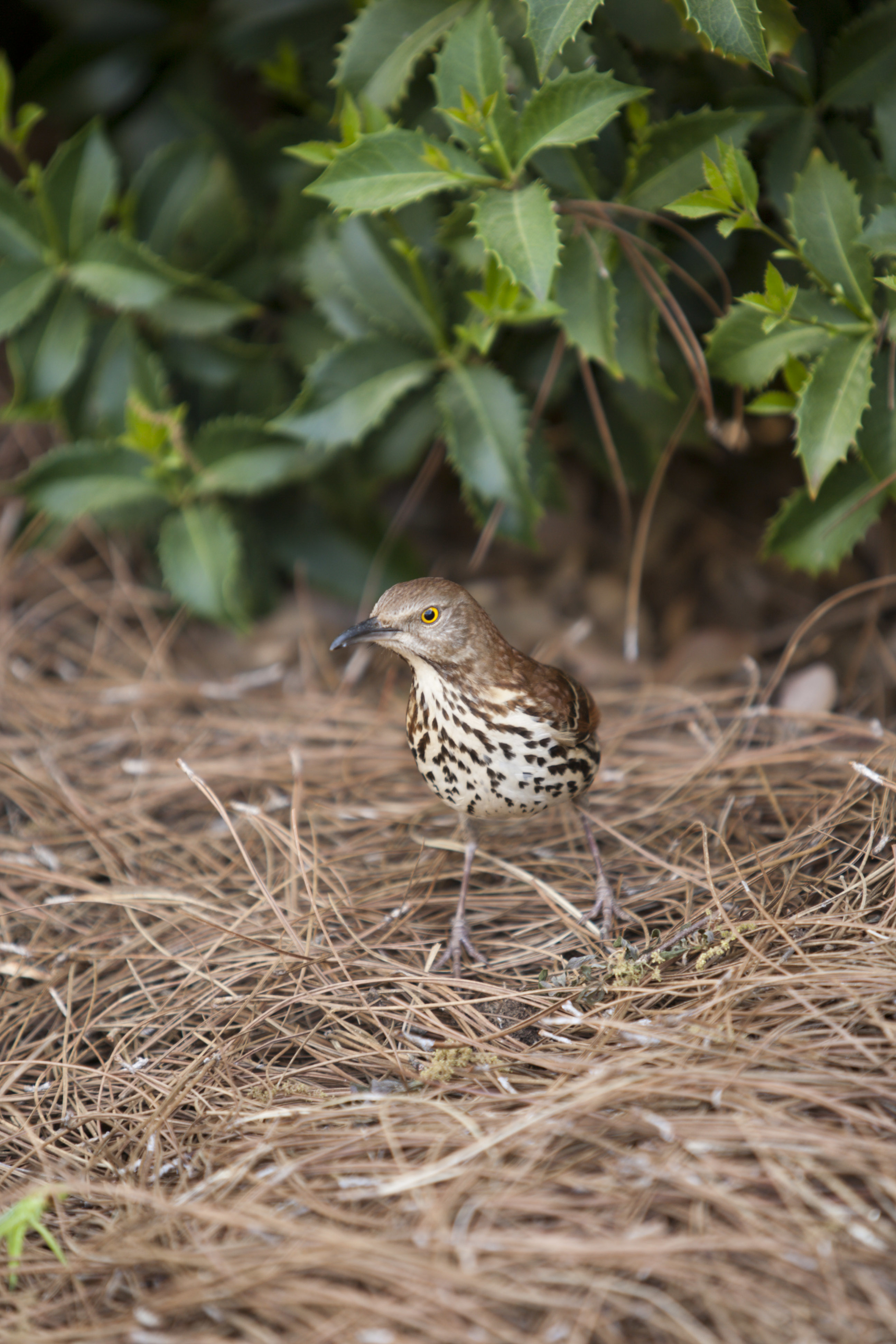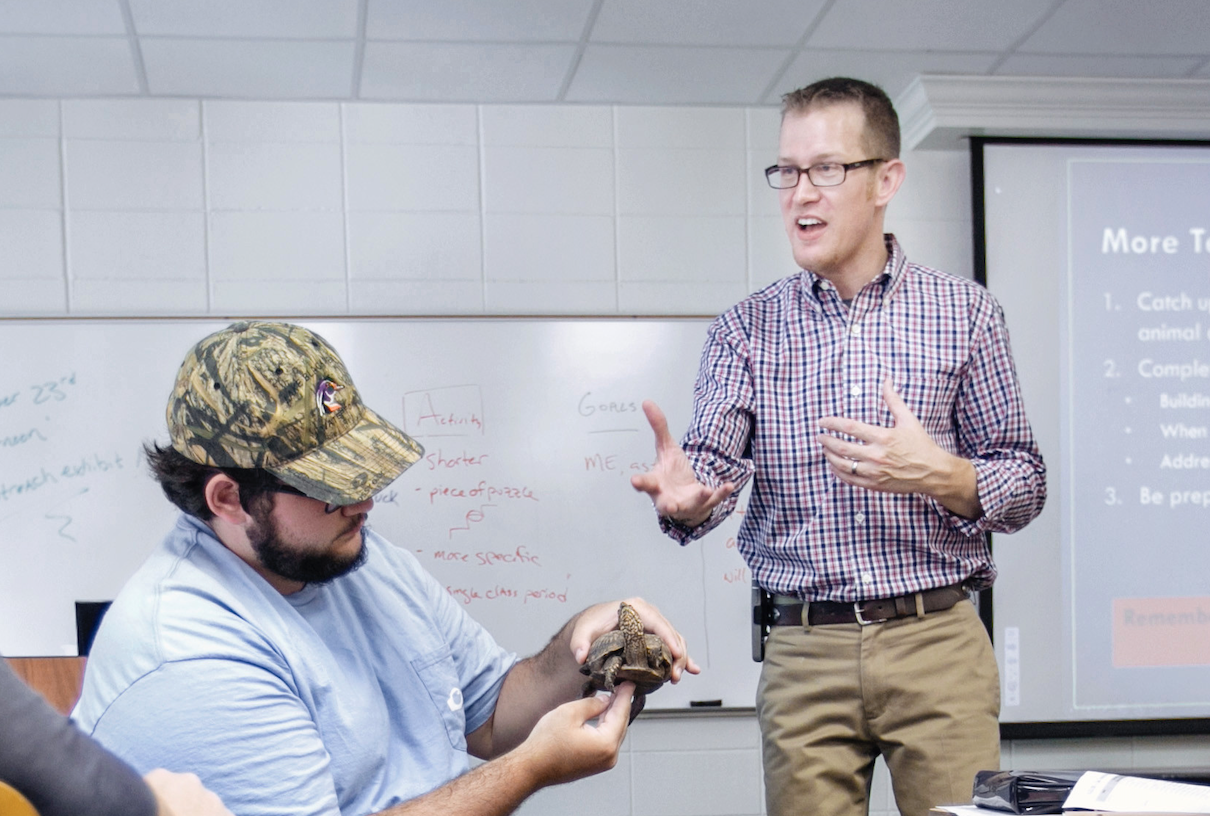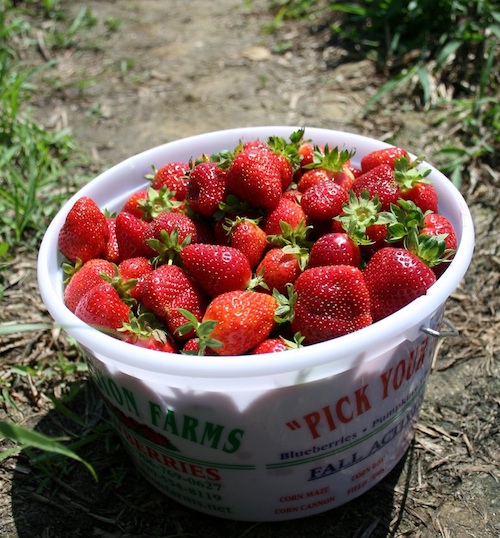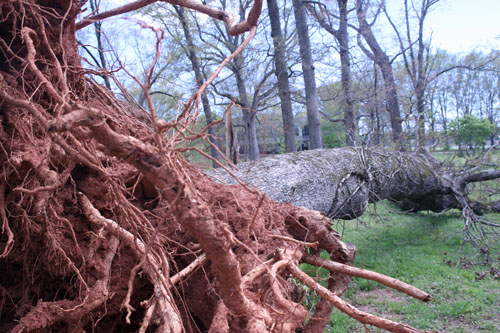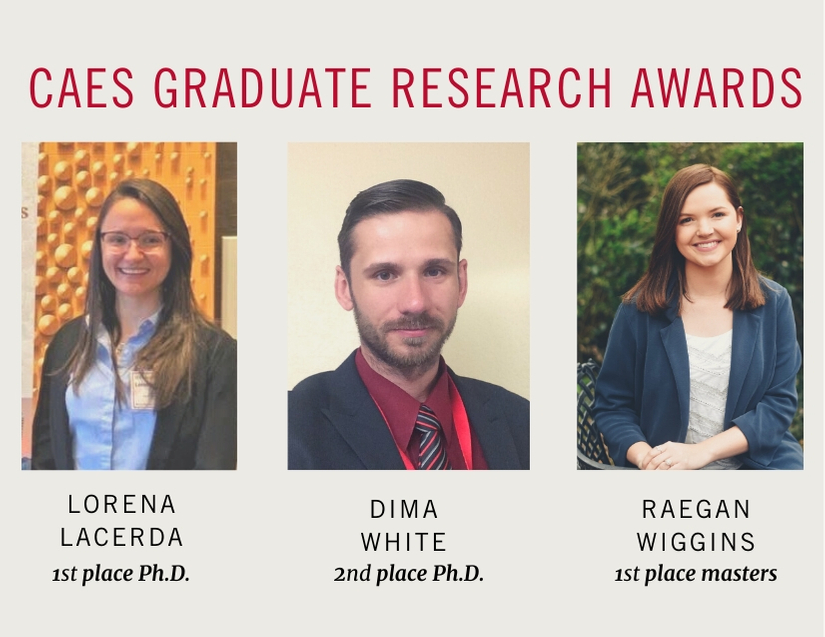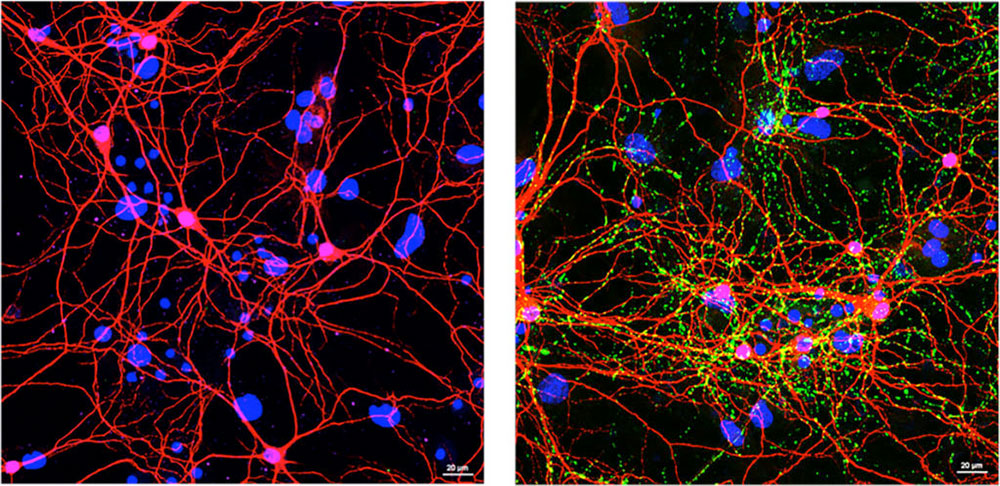 CAES News
CAES News
Volunteer Appreciation Week
Throughout the week of April 19, University of Georgia Cooperative Extension is honoring the thousands of volunteers who facilitate 4-H, Master Gardener and Family and Consumer Sciences programming on the county, district and state levels for Volunteer Appreciation Week.

